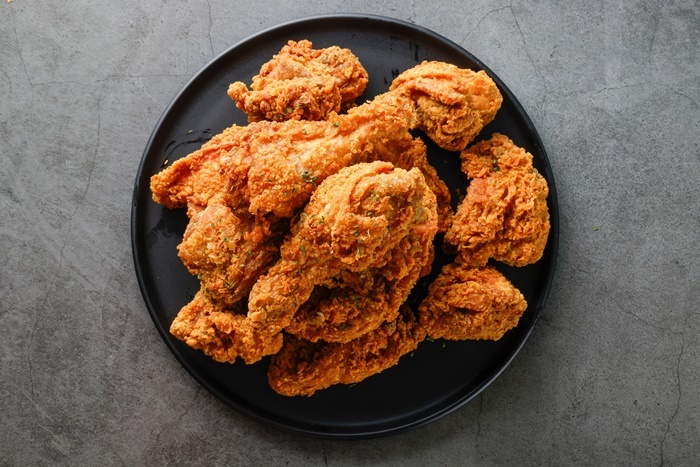Is there a way to resist the temptation of late-night snacks more easily?
We’ve all been there. It’s late at night, you’re winding down, and out of nowhere, that craving for a midnight snack sneaks up. Sound familiar? It hits especially hard when you’ve had an early dinner or a long, stressful day.
But before you give in and raid the fridge, it’s worth considering why late-night snacking can be a real health risk. It can mess with your digestion, throw off your sleep, and lead to unwanted weight gain. So, how can you break the habit and wake up feeling light and refreshed?
The first step is figuring out why you’re reaching for that bag of chips at 11 p.m. Here’s the truth—it’s not always about hunger. More often than not, it’s about habit or emotions. Stress, loneliness, and boredom are the usual suspects, and that’s when cravings for carbs and fatty foods love to sneak in. Our brains are wired to seek comfort, and food, especially unhealthy food, is the easiest fix.

Ready to break free from the late-night munchies? Start by getting your meal schedule on track. Eating breakfast, lunch, and dinner regularly can help keep your blood sugar steady and prevent those late-night cravings from creeping up. And don’t skimp on dinner — a satisfying meal with protein, complex carbs, and veggies gives your body what it needs to stay full longer, so you’re not left feeling hangry later on.
Hydration is another secret weapon. A lot of the time, what feels like hunger is just thirst. Try drinking warm water when the urge to snack kicks in. If you want something soothing, herbal or barley tea can do the trick. These caffeine-free options help fill you up and help your body wind down for a better night’s sleep.
If the cravings are still going strong, it’s time to switch gears and distract yourself. Keep your hands and mind busy with something you enjoy. Stretch, dive into a good book, turn on your favorite playlist, or take a relaxing shower. Simple activities like these give your brain the sense of satisfaction it’s seeking, without the extra calories.
Good sleep habits also make a big difference. Late-night scrolling or Netflix marathons can mess with your body’s natural rhythm. The blue light from screens can interfere with melatonin, the hormone that helps you sleep, making you more likely to stay awake and reach for snacks. Creating a calm bedtime routine—dimming the lights, putting away your devices, and sticking to a regular sleep schedule—can go a long way toward keeping your cravings and late-night restlessness in check.

Now, let’s be honest. Sometimes the hunger is real, and sleep won’t happen without a little something in your stomach. When that happens, smart snacking is the way to go. A hard-boiled egg, plain yogurt, a handful of nuts, or a warm glass of soy milk can help settle your hunger without weighing you down.
Avoid late-night temptations like chips, instant noodles, and anything deep-fried. A light, balanced snack can help you fall asleep faster. It’s also worth understanding why this habit is worth breaking. Late-night snacking can spike your insulin levels, encourage fat storage, and put your digestive system into overdrive while you sleep.
This leaves you feeling sluggish the next day and, over time, can contribute to health problems like weight gain, high blood pressure, diabetes, and acid reflux. Not exactly the outcome anyone’s hoping for.
Experts advise that rather than trying to suppress late-night cravings completely, it’s more realistic to manage them more healthily and gradually reduce their frequency. Just like quitting smoking or starting a new diet, curbing the late-night snacking habit is about reshaping your routine. Instead of cutting it off cold turkey, focusing on stabilizing your eating patterns and building emotional regulation step by step is better.
Resisting late-night snacks is more than willpower—it’s about setting yourself up for success. Small, consistent choices add up; before you know it, those tempting midnight cravings will start to lose their grip.









Most Commented